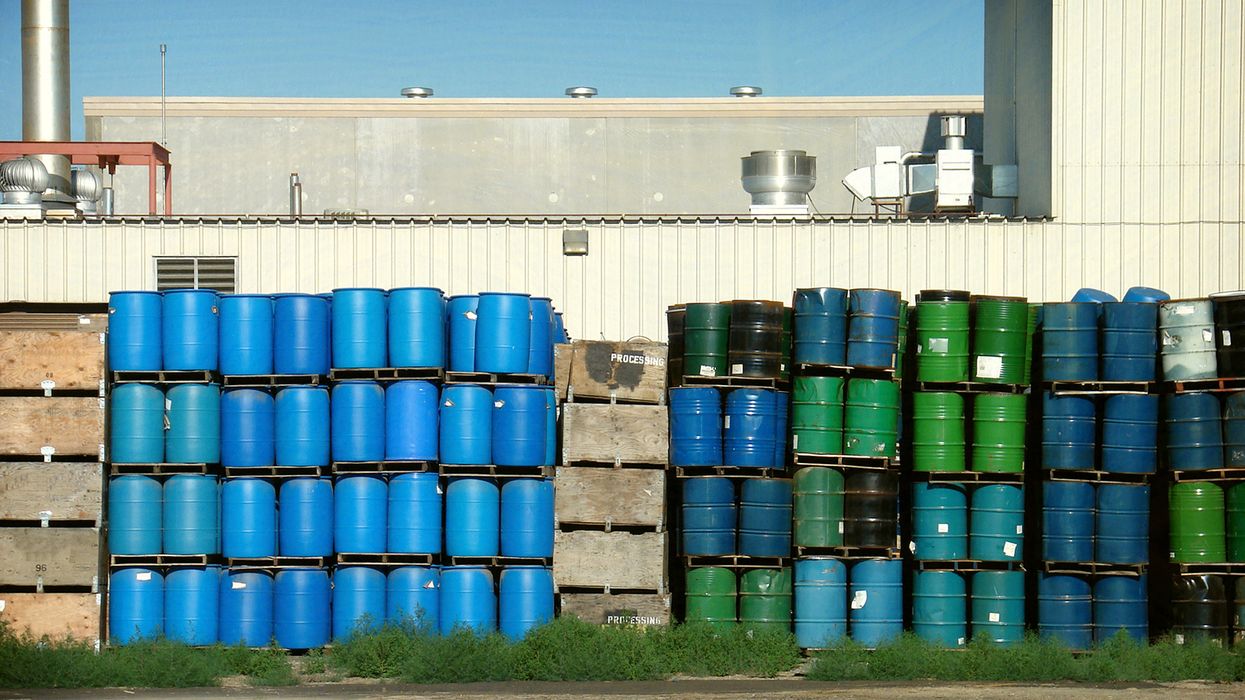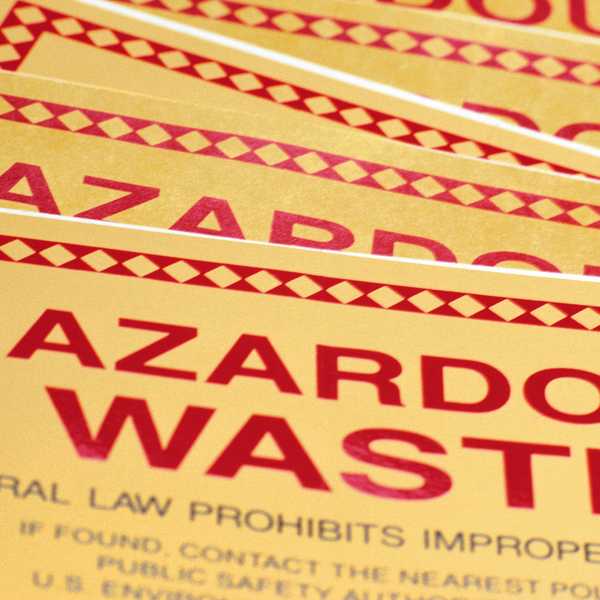Top RCRA permit FAQs answered
In an ever-changing world, one thing that remains consistent is the need for permits. They’re required to conduct all sorts of activities, like parking in a restricted area, operating a business, and (the focus of this article) managing hazardous waste.
Permitting programs are one way the Environmental Protection Agency (EPA) ensures facilities comply with environmental statutes. The agency recently launched epa.gov/permits, a web-based platform that centralizes information about the agency’s federal environmental permit programs, including the Resource Conservation and Recovery Act (RCRA) Subtitle C Permit that’s required to treat, store, and dispose of hazardous waste.
Like EPA’s new permit platform, we want to offer a helpful starting point for navigating RCRA permit requirements. Get answers to five of the most frequently asked questions about RCRA permits.
Does my facility need a RCRA permit?
All facilities that currently or plan to treat, store, and/or dispose of hazardous wastes (identified or listed at 40 CFR Part 261) must obtain a RCRA permit.
These treatment, storage, and disposal facilities (TSDFs) may not operate without a permit unless the facility is exempt and meets specific regulatory conditions. Generally, exempt entities include:
- Businesses that generate and store for short periods of time hazardous waste and then transport it off-site,
- Hazardous waste transporters, and
- Entities that conduct containment activities during immediate emergency responses.
See 270.1 for all exceptions and exemptions.
What’s in a RCRA permit?
The RCRA permit is a legally binding document that establishes the waste management activities a facility may conduct and the conditions under which it may conduct the activities. The permit lists:
- The applicable federal regulations of Parts 260–270, including:
- Facility design and operation,
- Safety standards, and
- Facility performance activities (such as monitoring and reporting).
- The applicable state regulations, and
- Facility-specific requirements (like groundwater monitoring).
Do I need a federal or state RCRA permit?
RCRA permits are issued either by an EPA regional office or the state.
Authorized states implement and enforce hazardous waste management programs with standards at least as stringent as the federal rules. Note that EPA maintains its enforcement authorities over state programs. If your facility is in an authorized state that can address all provisions, apply for a state RCRA permit.
However, some states aren’t authorized to address all permit provisions, so EPA must address the unauthorized provisions. In this case, apply for a joint RCRA permit from the state and EPA.
If your facility is in an unauthorized state or territory, apply for a federal RCRA permit through the regional EPA office.
Check with your state to determine whether it’s in an authorized state and, if so, whether you need a state or joint RCRA permit. EPA lists links to state hazardous waste permit programs.
What’s a standardized RCRA permit?
Designed to streamline the permitting process, a standardized RCRA permit reduces application requirements. The permit includes a uniform portion and may also have a supplemental portion, added at the discretion of EPA or the authorized state.
Standardized permits (regulated under Part 270 Subpart J) may be issued to TSDFs that:
- Generate hazardous waste and then store or nonthermally treat the hazardous waste on-site in (a) containers, (b) tanks, or (c) containment buildings; or
- Receive hazardous waste generated off-site by a generator under the same ownership and then store or nonthermally treat the hazardous waste in (a) containers, (b) tanks, or (c) containment buildings.
What’s the general RCRA permit process?
The overall RCRA permit process at the federal level consists of six phases:
- The business holds a pre-application meeting with the public.
- The business applies for a RCRA permit.
- The permitting agency shares the application for public review and begins its internal review.
- The permitting agency issues Notices of Deficiency to the facility if information is missing until the application is complete.
- The permitting agency makes a preliminary decision to issue or deny the permit and shares a draft of its decision (a draft permit or notice of intent to deny) for public comment.
- The permitting agency either issues a final permit or denies the permit.
RCRA permits are typically effective for 10 years, but EPA can issue a permit for a shorter duration. TSDFs must receive a permit before beginning construction of a new facility. Permitted TSDFs must submit a new RCRA permit application at least six months before the current permit expires.
Remember to check state regulations for any stricter standards and differing processes.
Key to remember: Any facility that currently or plans to store, treat, or dispose of regulated hazardous waste must have a RCRA permit.





















































